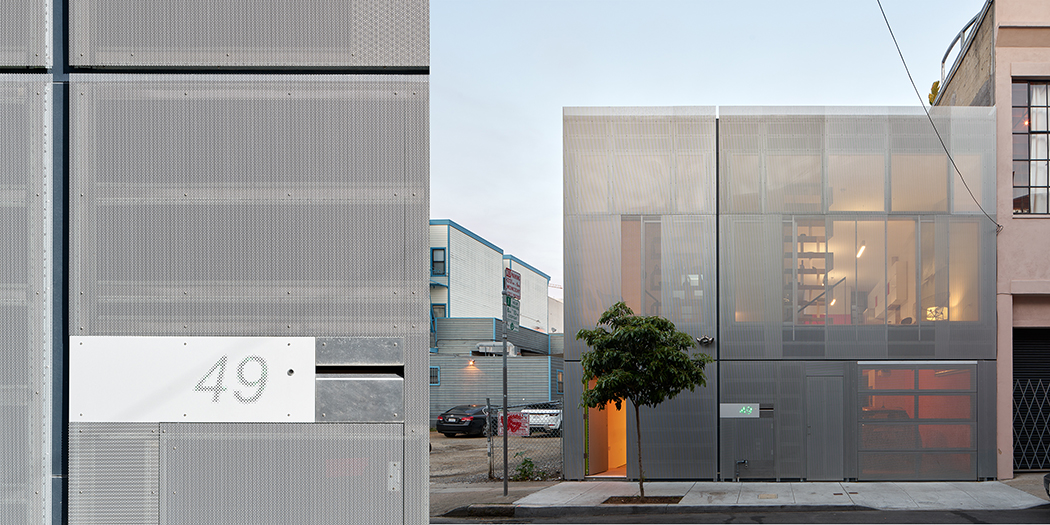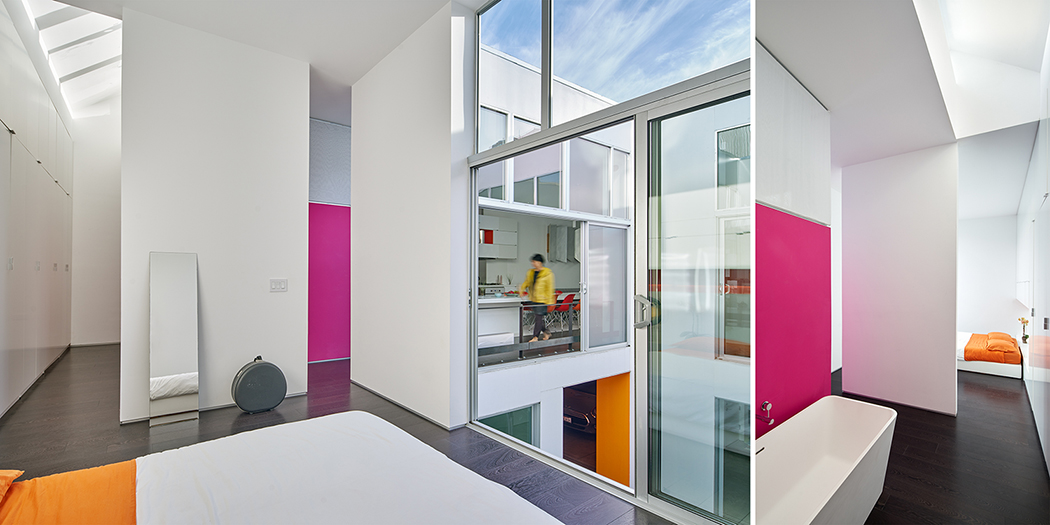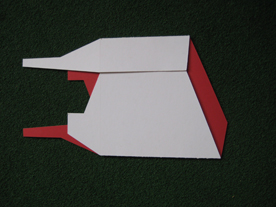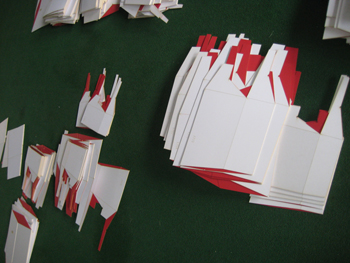
Raveevarn Choksombatchai
PHILOSOPHY STATEMENT
Like performance, the making of architecture (and architecture itself) is a an act of representation that suggests a direct relationship to physical presence. Its performance, its formal, spatial, structural, and material composition resonate within the sensory organs and viscera of the human body. Representation is endowed with the power to construct, disseminate, or dissolve cultural meaning. Architecture narrates both sides of the human condition: extreme consciousness or rationality, and the enigmatic with high precision of physical language.
BIOGRAPHY
Professor Emerita Raveevarn Choksombatchai is the founder and principal of San Francisco-based VeeV Design, where she produces work focusing on spatial and material investigation and emphasizing the temporal, particularly in realms not exclusively visual. VeeV projects include a condo renovation in San Francisco’s Alamo Square and the Hillside House + Tree House in Lafayette, California. VeeV Design has been recognized with awards for design excellence, shortlisted for major international competitions, and published widely. Notably, the Grace Street Live/Work project received an AIA Design Award and an American Architecture Award from The Chicago Athenaeum Museum of Architecture and Design, among other citations. VeeV’s Co-Housing Project in Ayudhaya, Thailand, received a special honorable mention by Architizer A + Awards.
Prior to VeeV Design, Raveevarn was co-founder of Loom Studio, where she was a principal from 1993 to 2003. During her time with the practice, Loom Studio received three Progressive Architecture Awards and Citations (1998, 1996, 2002), was named among Emerging Voices in Architecture by the Architecture League of New York (1999), and was nominated for the Chrysler Design Award (2000) and Cooper Hewitt National Design Award (2002).
Raveevarn is moving beyond the material sensation of earlier work to a deeper exploration that challenges the limitations of performative possibilities of materials. She is also interested in exploring the changing nature of media and its effect upon design through filmic techniques and video investigations. She continues to explore more formal ideas of architecture, landscape, and space with projects mostly in urban context. Some of her most recognized work includes the Woman Suffrage Memorial; Unfolding House in Bangkok; 49 Grace Street Mixed-Used building in San Francisco; Liquescence, an installation as part of the first Design Triennial at the Cooper Hewitt Museum, New York City; and the design for the AIDS memorial in Golden Gate Park, San Francisco, which won an international design competition in 2005. In January 2006, Raveevarn’s design for the Tsunami Memorial and Museum was named one of five finalists entering into the second stage for an international design competition due in May 2006.
Raveevarn began her design education in Bangkok, Thailand, at Chulalongkorn University, and continued with graduate studies in both architecture and landscape architecture at Harvard Graduate School of Design. She received the Arthur Wheelwright Traveling Fellowship Award from Harvard University (1996) and the LEF Foundation Grant (1999).
COURSES TAUGHT
ARCH 100A Fundamentals of Architectural Design
ARCH 100B Fundamentals of Architectural Design
ARCH 101 Case Studies in Architecture
ARCH 109X Special Topics: Architectural Design
ARCH 201 Case Studies in Architectural Design
ARCH 202A Final Project Studio: Studio Thesis Option
ARCH 209A Seminar in Architectural Theory
ARCH 209D Final Project Preparation Seminar: Thesis
ARCH 209X Special Topics: Architectural Design
ARCH 229X Seminar on the Practice of Design



